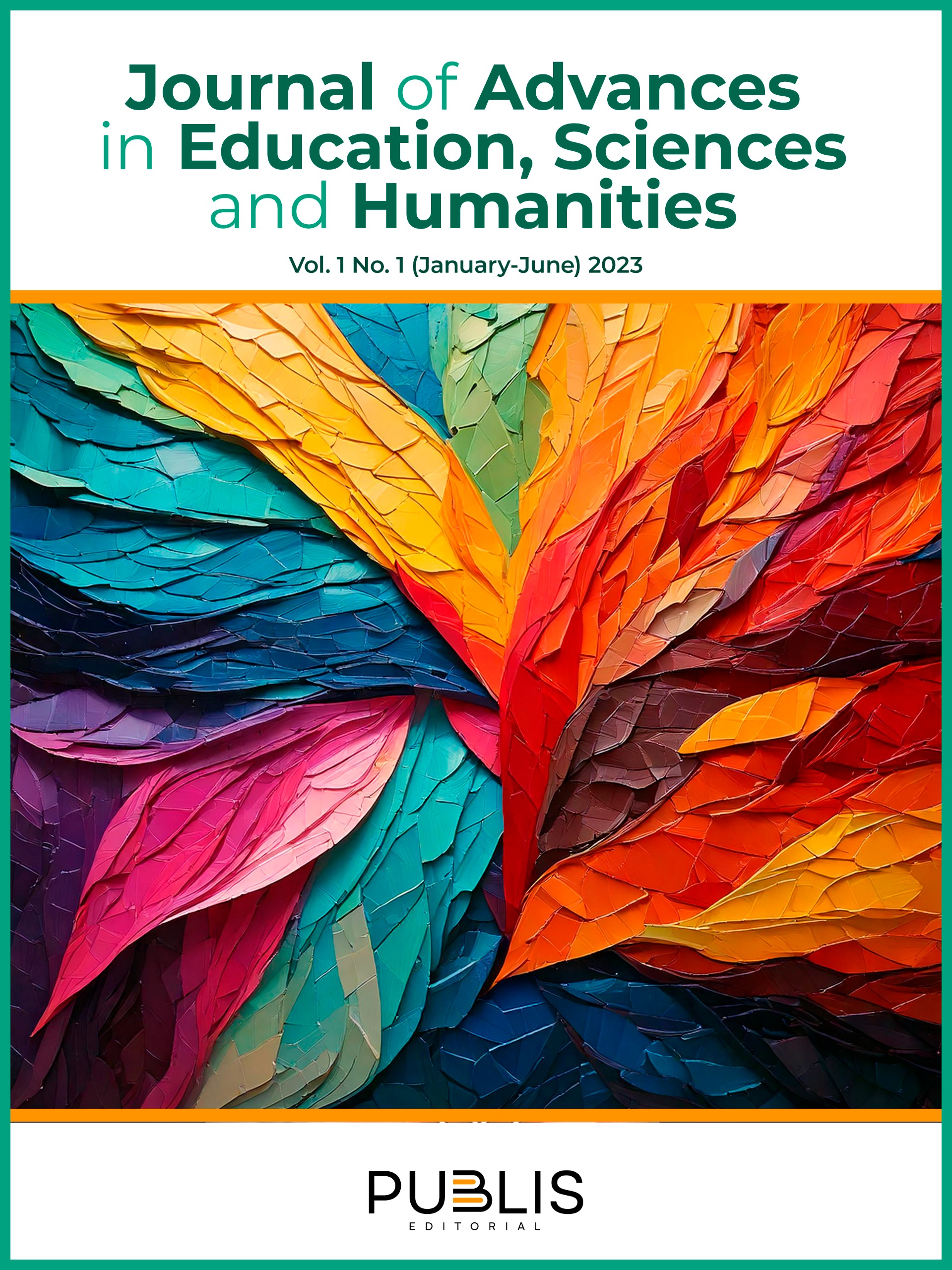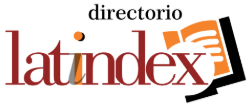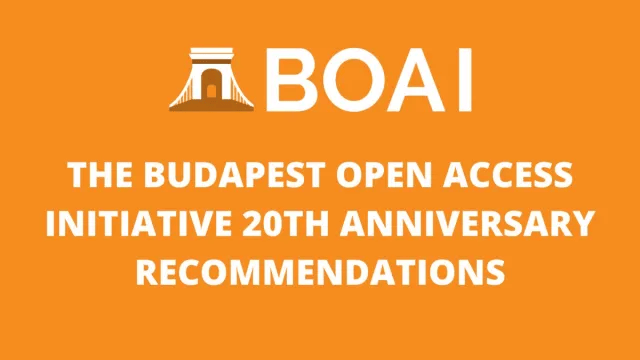The real and the apparent in reality: a hermeneutic approach to the dialectical development of order and uncertainty
DOI:
https://doi.org/10.5281/zenodo.14601948Keywords:
hermeneutics, reality, uncertainty, complex knowledge, dialectical developmentAbstract
For hermeneutics, truth is not defined solely by the conformity between a statement and reality but by the openness in which this correspondence can be verified. This openness is not a fixed transcendental structure but is historical and finite. Hermeneutics has been interpreted as science, art, paradigm, method, and philosophy. The hermeneutic analysis of complex knowledge and everyday reality allows for a better understanding of what is being researched, facilitating the contextualization and interpretation of human facts. Knowledge and language are closely related, as knowledge generates thought, and language enriches this thought. Both maintain a dynamic and mutual relationship. Active writing promotes the development of thought, contributing to functions such as perception, attention, and memory. Hermeneutics questions the idea that knowledge derived from science is entirely objective and free from anthropocentric influences. Although reality is not arbitrary, it requires interpretation, even in empirical knowledge. The understanding of reality depends on the context, the goals of knowledge, the method, and the object of study. This work aimed to analyze the interactions between the real and the apparent in reality from a hermeneutic perspective, exploring how order and uncertainty develop dialectically and how these concepts impact the understanding of contemporary reality within a philosophical and scientific framework.
Downloads
References
Mié, F. (2009). Dialéctica y ciencia en Aristóteles. Signos Filosóficos, XI(21), 9-42. http://www.scielo.org.mx/scielo.php?script=sci_arttext&pid=S1665-13242009000100001
Reynolds, S. (2019). Cooking up the perfect insect: Aristotle's transformational idea about the complete metamorphosis of insects. Philosophical Transactions of the Royal Society of London, 374(1783), 20190074. https://doi.org/10.1098/rstb.2019.0074
Aleman, R.A. (2008). Evolución y Diseño Inteligente: una perspectiva lógica. Revista Colombiana de Filosofía de la Ciencia, IX(18-19), 87-106. https://www.redalyc.org/pdf/414/41411852005.pdf
Camacho, H., Fontaines, T., Finol, M., & Medina, J. (2007). Los informes de investigaciones: una experiencia didáctica para promover la enseñanza en metodología de investigación. Revista de Artes y Humanidades UNICA, 8(19), 309-328. https://www.redalyc.org/pdf/1701/170118451016.pdf
Blair, D. (2006). Wittgenstein’s Philosophy of Language and Mind. In: Wittgenstein, language and information. Information Science and Knowledge Management, vol. 10. Springer, Dordrecht. https://doi.org/10.1007/1-4020-4583-2_2
Ross, A. (2007). La causalidad del Primer Motor en Metafísica XII. Diánoia, 52(59), 3-26. http://www.scielo.org.mx/scielo.php?script=sci_arttext&pid=S0185-24502007000200001&lng=es&tlng=es
Burk, I., Díaz, L., & Quintanilla, F. (1972). Filosofía. Una Introducción Actualizada. Caracas: Insula.
Colom, A., & Mélich, J, (1994). Después de la Modernidad: Nuevas filosofías de la Educación. Barcelona: Paidós.
Darwin, Ch. (1963). El Origen de las Especies. Madrid: Iberia.
De Gortari, E. (1970). El método dialéctico. México: Grijalbo.
Heráclito (1985). Fragmentos. En Napolitano: El Problema del Ser. Filosofía. 5to. Año de Humanidades. Caracas: Biósfera.
Hume, D. (2003). Investigación sobre el entendimiento humano (Joseph Club, Trad.). Madrid. Mestas ediciones.
Montoya, J.F., Zuluaga, C.G., & Garcés, L.F. (2023). Entropía y tiempo: gestores de la realidad. Revista Lasallista de Investigación, 20(2), 254-264. https://doi.org/10.22507/rli.v20n2a13
Kant, E. (1952). Crítica de la Razón Pura. Buenos Aires: Sopena
Kuhn, T. (1981). La estructura de las revoluciones científicas. México: FCE.
López, J.A., & Aboites, V. (2017). La filosofía frente al objeto cuántico. Revista mexicana de física E, 63(2), 107-122. http://www.scielo.org.mx/scielo.php?script=sci_arttext&pid=S1870-35422017000200107&lng=es&tlng=es
Martínez, M. (1999). La Nueva Ciencia. Su desafío, su Lógica y Método. México: Trillas.
Monod, J. (2016). El azar y la necesidad. Trad. Francisco Ferrer. Barcelona: Tusquets.
Moore, P. (2009). Pequeñas grandes ideas: Ciencia: Galileo. Newton. Werner Heisenberg (Cristina García, Trad.) España: Oniro.
Morín, E. (1992). Nuevos Paradigmas, cultura y subjetividad. En Fried Schnitman. Buenos Aires: Paidós.
Napolitano, A. (1985). El Planteamiento Metafísico del Ser. Platón, Heráclito. Filosofía. 5to. Año de Humanidades. Caracas: Biósfera.
Naranjo, S. (2013). El azar y la necesidad en Jacques Monod. Hacia el encuentro de los opuestos. Revista Venezolana de Análisis de Coyuntura, XIX(2), 243-259. https://www.redalyc.org/pdf/364/36430103014.pdf
Padilla, J. (2015). Sobre la Naturaleza. Desarrollo de una gramática metafísica. Ápeiron Ediciones.
Platón (2006). Diálogos: Crátilo, Teeteto, Timeo. Madrid: Gredos.
Popper, K.R. (1967). La lógica de la investigación científica. Buenos Aires: Paidós.
Prigogine, I. (1997). End of Certainty. The Free Press.
Rodríguez, A., Jiménez, A., Serrano, F., Galindo, L., & Gómez, V. (2008). La Realidad. Filosofía 1. Educación Media, Diversificada y Profesional. Caracas: Santillama.
Savater, F. (2007). El animal simbólico. Las Preguntas de la vida. Barcelona: Ariel.
Published
Data Availability Statement
The datasets used and/or analyzed during the current study are available from the corresponding author on reasonable request.
Issue
Section
License
Copyright (c) 2025 José R. Abreu (Autor/a)

This work is licensed under a Creative Commons Attribution-NonCommercial-ShareAlike 4.0 International License.




































